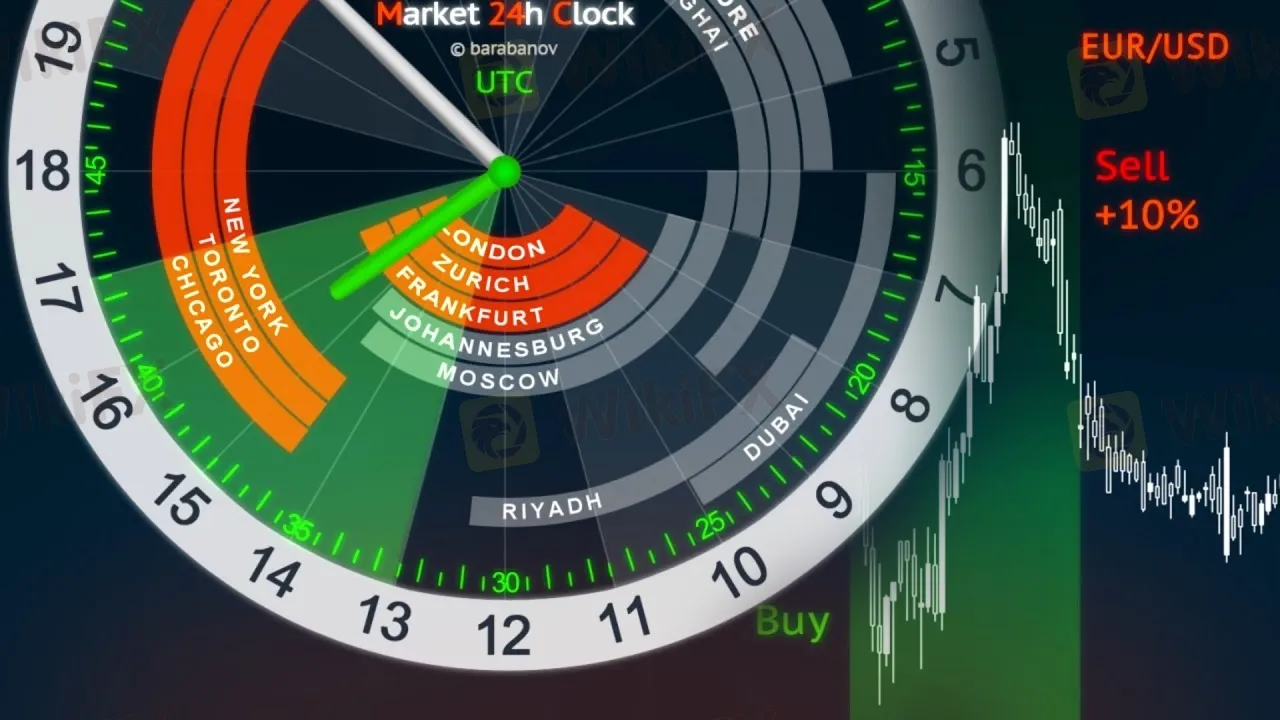简体中文
繁體中文
English
Pусский
日本語
ภาษาไทย
Tiếng Việt
Bahasa Indonesia
Español
हिन्दी
Filippiiniläinen
Français
Deutsch
Português
Türkçe
한국어
العربية
The Copper Crunch: Meeting Soaring Demand in a Greener World
Abstract:The global copper demand, driven by the green energy revolution and infrastructure projects, is facing a potentially debilitating supply crunch. With copper playing an essential role in renewable energy infrastructure, electric vehicles (EVs), and traditional industries like construction, electronics, and power generation, the pressure to meet the growing demand is mounting.

renewable energy infrastructure, electric vehicles (EVs), and traditional industries like construction, electronics, and power generation, the pressure to meet the growing demand is mounting.
The S&P Global report from July 2022 predicts that by mid-century, the world will require 53 million tonnes of copper annually, more than double the current production of 21 million tonnes. As nations strive to reduce carbon emissions and achieve carbon neutrality by 2050, this ever-increasing demand for copper will put a strain on existing supplies and threaten to derail efforts to transition to renewable energy sources.

One of the primary challenges in meeting this demand lies in the discovery and development of new copper deposits. As the largest copper mines face declining reserves and lower ore grades, maintaining current production levels becomes increasingly difficult. Furthermore, it takes an average of 16 years to develop a copper mine from initial discovery to production, according to the International Energy Agency. This means that even if new deposits are discovered today, it would take more than a decade to bring them into production.
In addition, the geopolitical landscape surrounding copper production adds to the challenges faced in meeting demand. A significant amount of copper processing is concentrated in a few countries, including Chile, Russia, Australia, China, and several African nations. Environmental issues like water scarcity, flooding, and severe heat, as well as political factors like resource nationalism, sanctions and strict regulations, hamper the development and expansion of copper mines in these regions.
Chile, the world‘s largest copper producer, is grappling with a water crisis that affects its ability to process sulphide ores which require large amounts of water. Furthermore, copper grades have dropped by 25% over the last decade, resulting in less ore being brought to market. Chile’s newly-elected leftist President Gabriel Boric has proposed higher taxes on the mining industry, which has raised concerns about the industrys competitiveness.
Similarly, Peru, the second-largest copper producer, faces political uncertainty with the government still pondering an increase in taxes on the mining sector, potentially jeopardising future investments.
The current geopolitical tensions between the West and Russia are also poised to affect copper supply in the near future. As international relations become strained, trade restrictions and disruptions in the global supply chain could further exacerbate the copper deficit, placing even more pressure on the critical metals availability to various industries.

Recycling copper is another potential avenue to address the supply gap. However, recycling currently represents a small fraction of the overall supply. In 2021, recycled copper accounted for just 4.5% of the total copper supply. While recycling efforts will continue to grow, they are unlikely to make a significant impact on the looming supply crunch.
In conclusion, the impending copper supply shortfall, coupled with the challenges of discovering and developing new copper deposits, and the limitations of recycling, underscores the potential opportunities in the copper sector, including trading copper futures.

Disclaimer:
The views in this article only represent the author's personal views, and do not constitute investment advice on this platform. This platform does not guarantee the accuracy, completeness and timeliness of the information in the article, and will not be liable for any loss caused by the use of or reliance on the information in the article.
Read more

Bitpanda Secures Full Broker-Dealer License in Dubai
Bitpanda has officially obtained a full broker-dealer license from the Dubai Virtual Assets Regulatory Authority (VARA), marking a significant milestone in its international expansion. This approval, which follows preliminary authorization granted three months earlier, enables the European digital asset exchange to introduce its comprehensive suite of virtual asset services to investors in the United Arab Emirates (UAE).

RM457,000 Forex Fraud: Court Grants Conditional Release, Is Justice Delayed?
A Malaysian magistrate’s court has issued a discharge not amounting to acquittal (DNAA) for two former directors of an investment company implicated in a forex investment fraud case involving RM457,735.50.

Gold Surges to New Highs – Is It Time to Buy?
Recently, gold prices have once again set new records, surpassing $3,077 per ounce and continuing a four-week winning streak. Is It the Right Time to Invest?

Why Does the Yen's Exchange Rate Fluctuate Repeatedly?
JPY Exchange Rate Fluctuations: How Should Investors Respond?
WikiFX Broker
Latest News
Enlighten Securities Penalized $5 Million as SFC Uncovers Risk Control Failures
Why Are Financial Firms Adopting Stablecoins to Enhance Services and Stability?
Experienced Forex Traders Usually Do This Before Making a Lot of Money
Octa vs XM:Face-Off: A Detailed Comparison
When High Returns Go Wrong: How a Finance Manager Lost RM364,000
Bridging Trust, Exploring Best—WikiEXPO Hong Kong 2025 Wraps Up Spectacularly
Interactive Brokers Expands Crypto Trading with Solana, XRP, Cardano, and Dogecoin
Fidelity Investments Explores Stablecoin Innovation in Digital Assets Sector
Why More People Are Trading Online Today?
SEC Ends Crypto.com Probe, No Action Taken by Regulator
Currency Calculator







